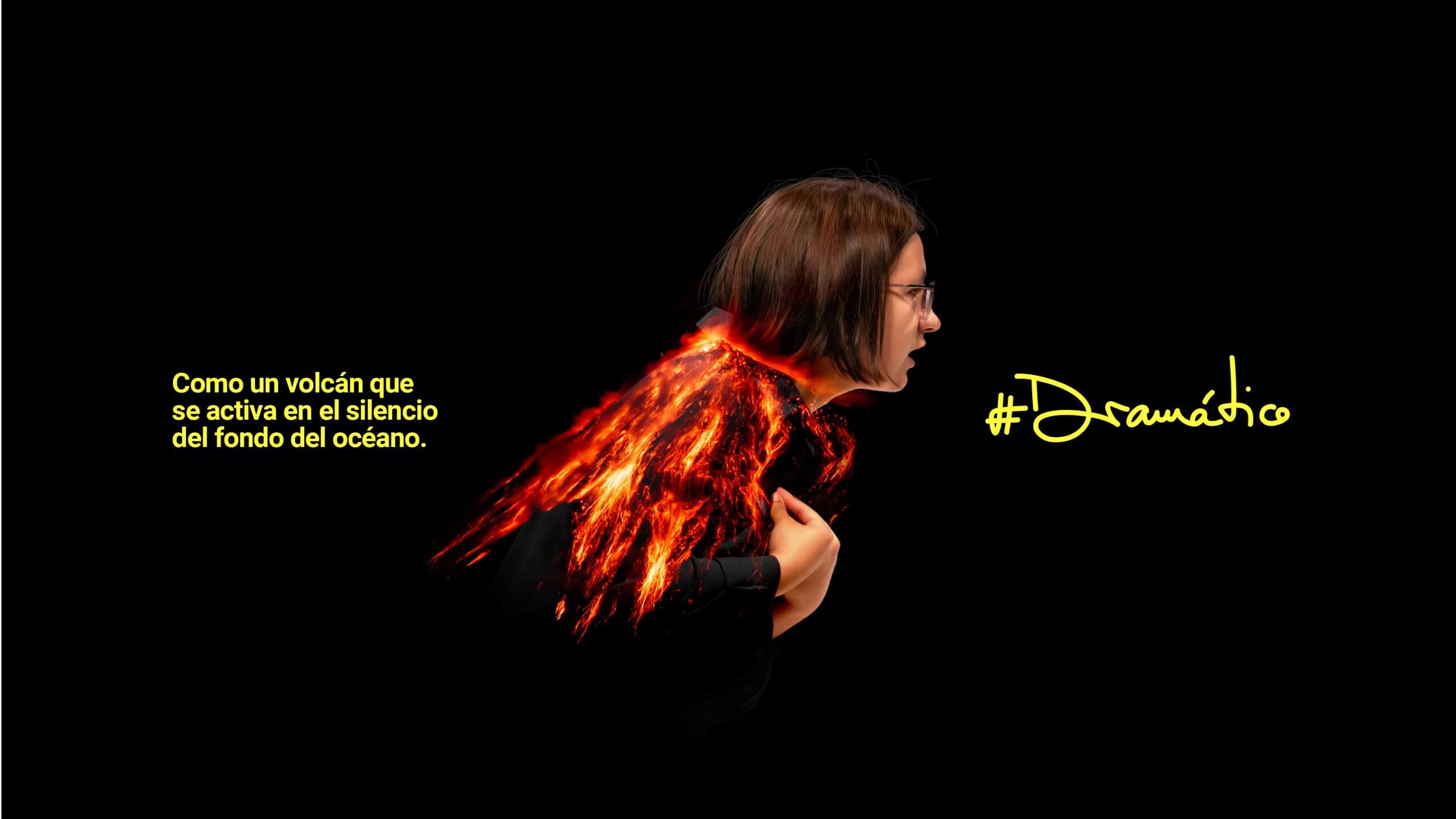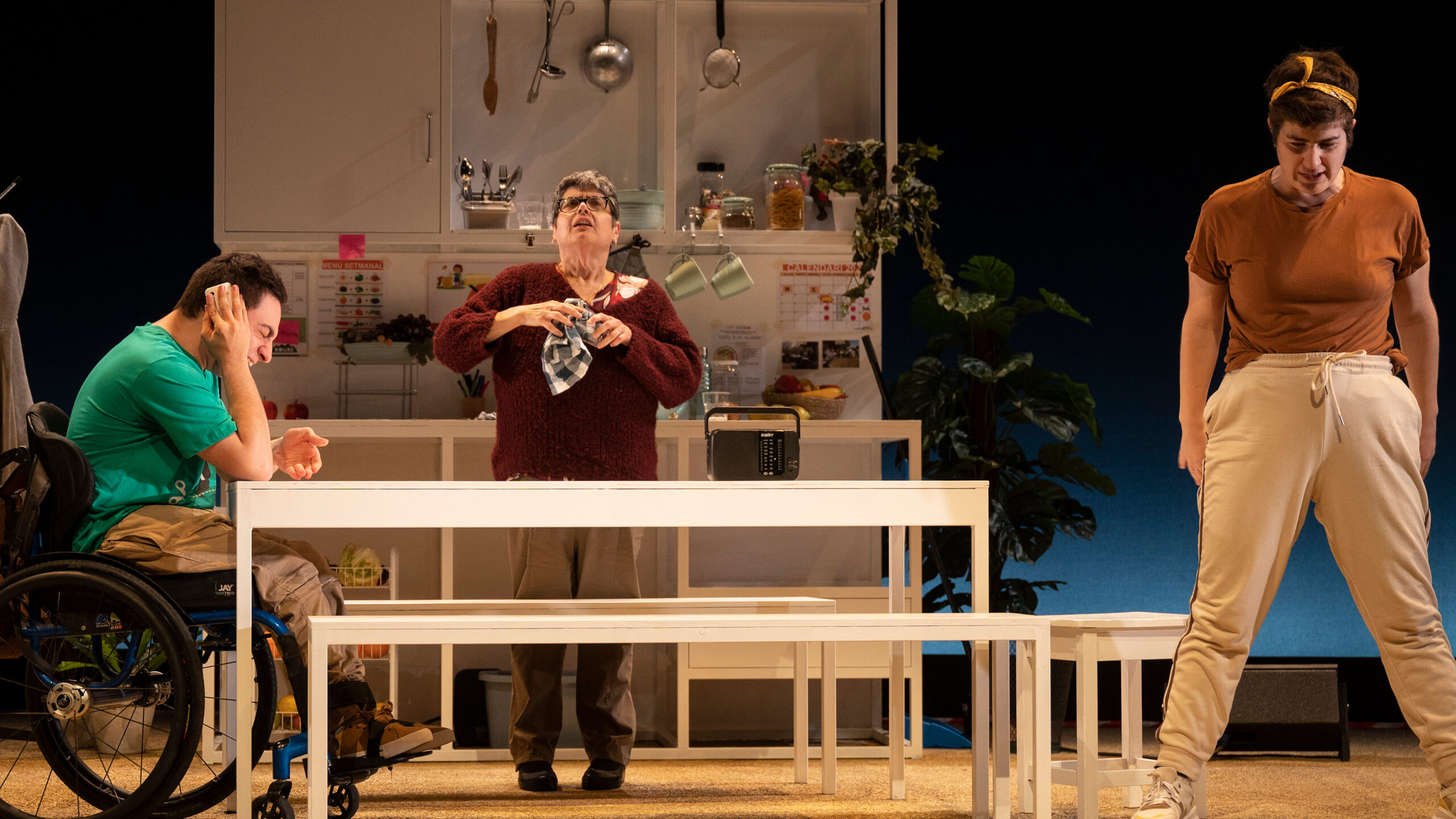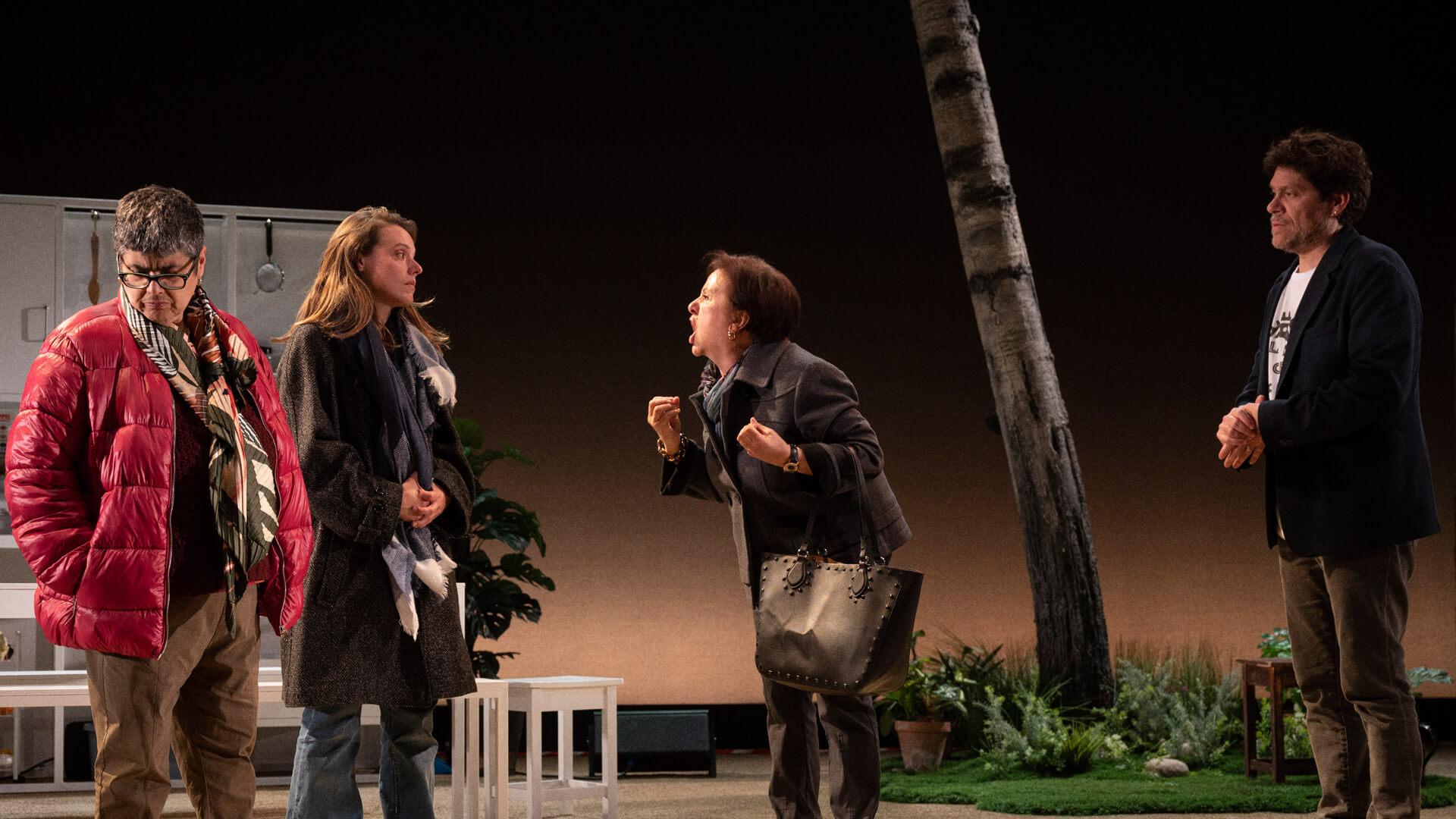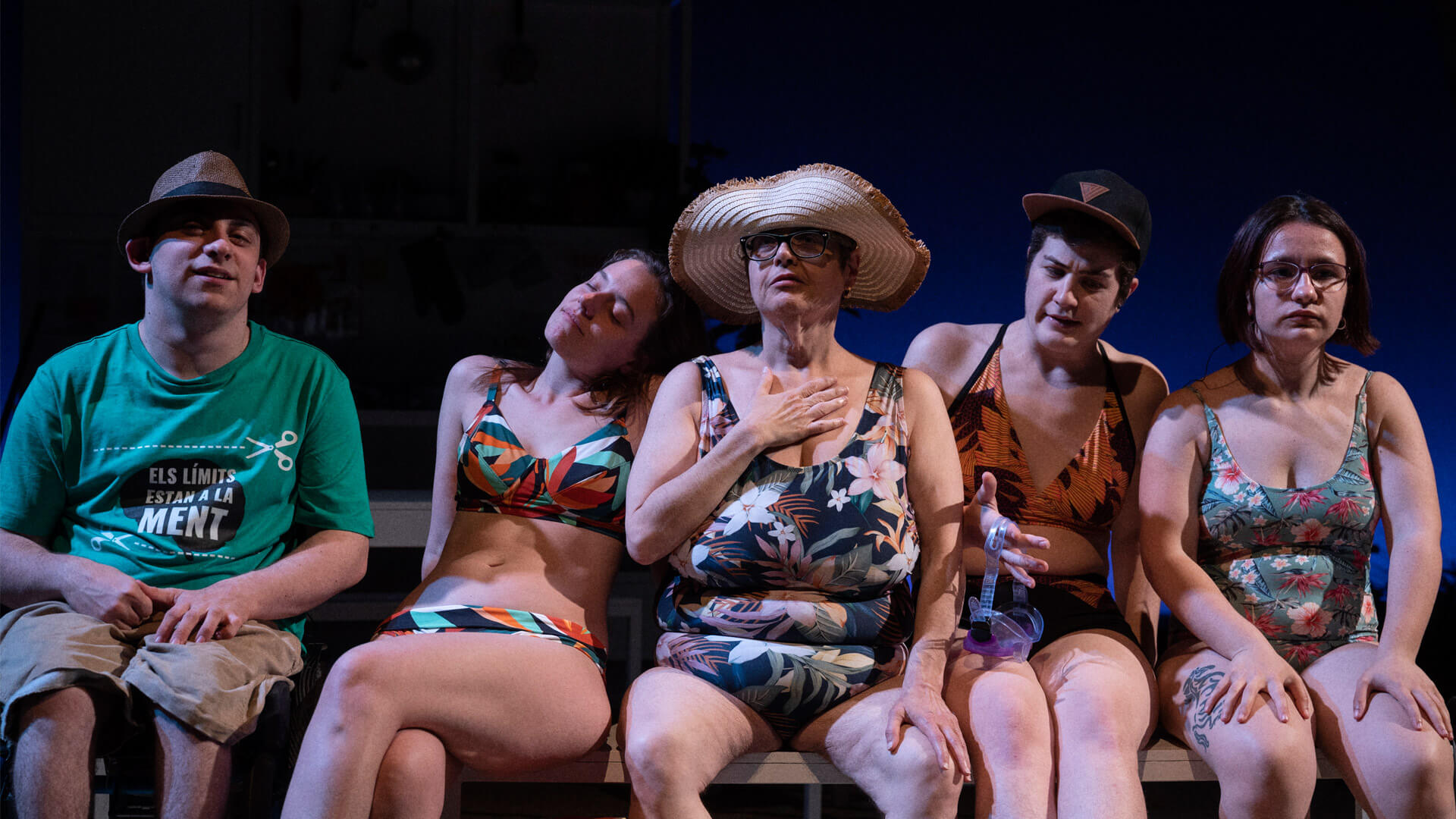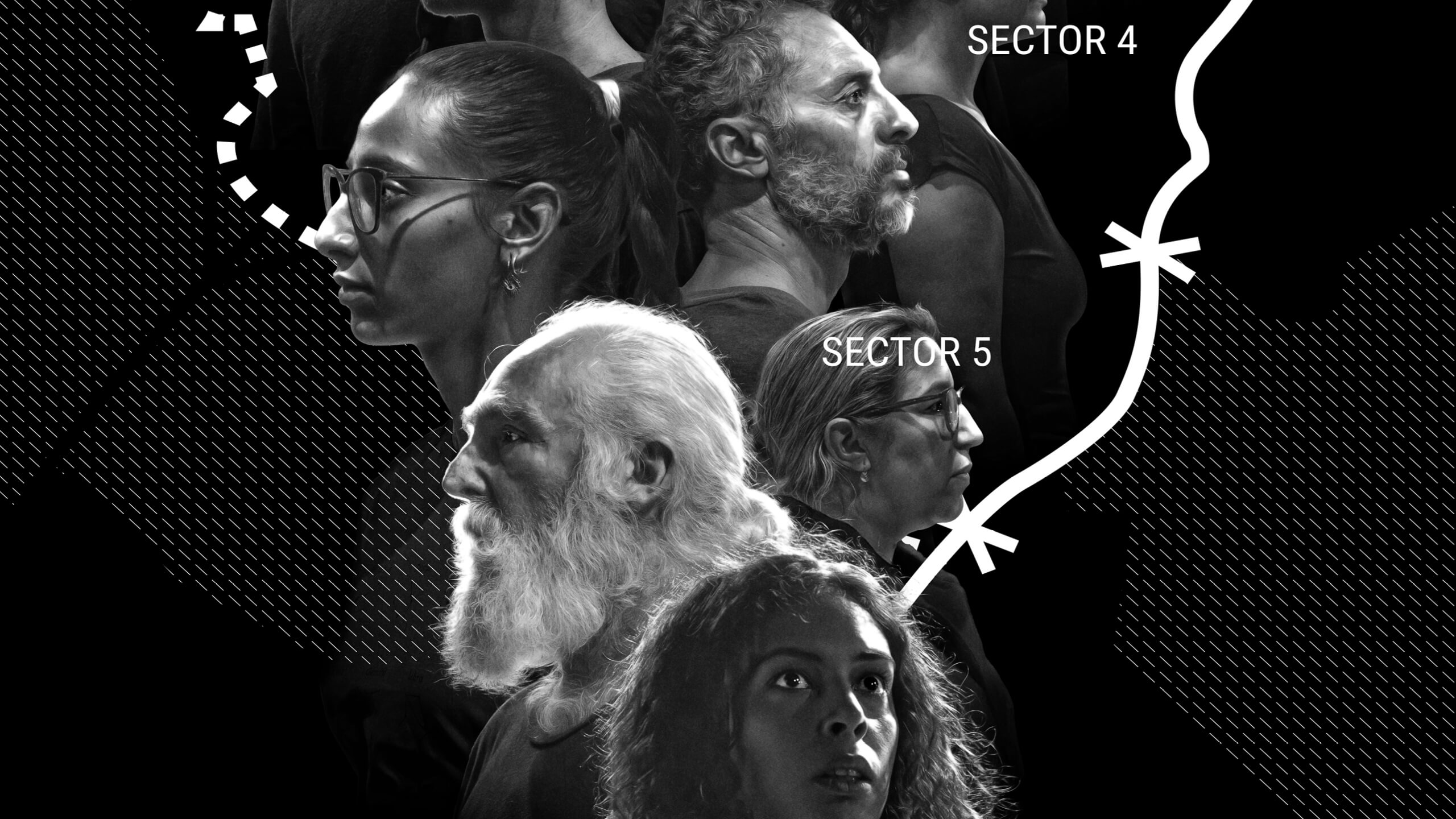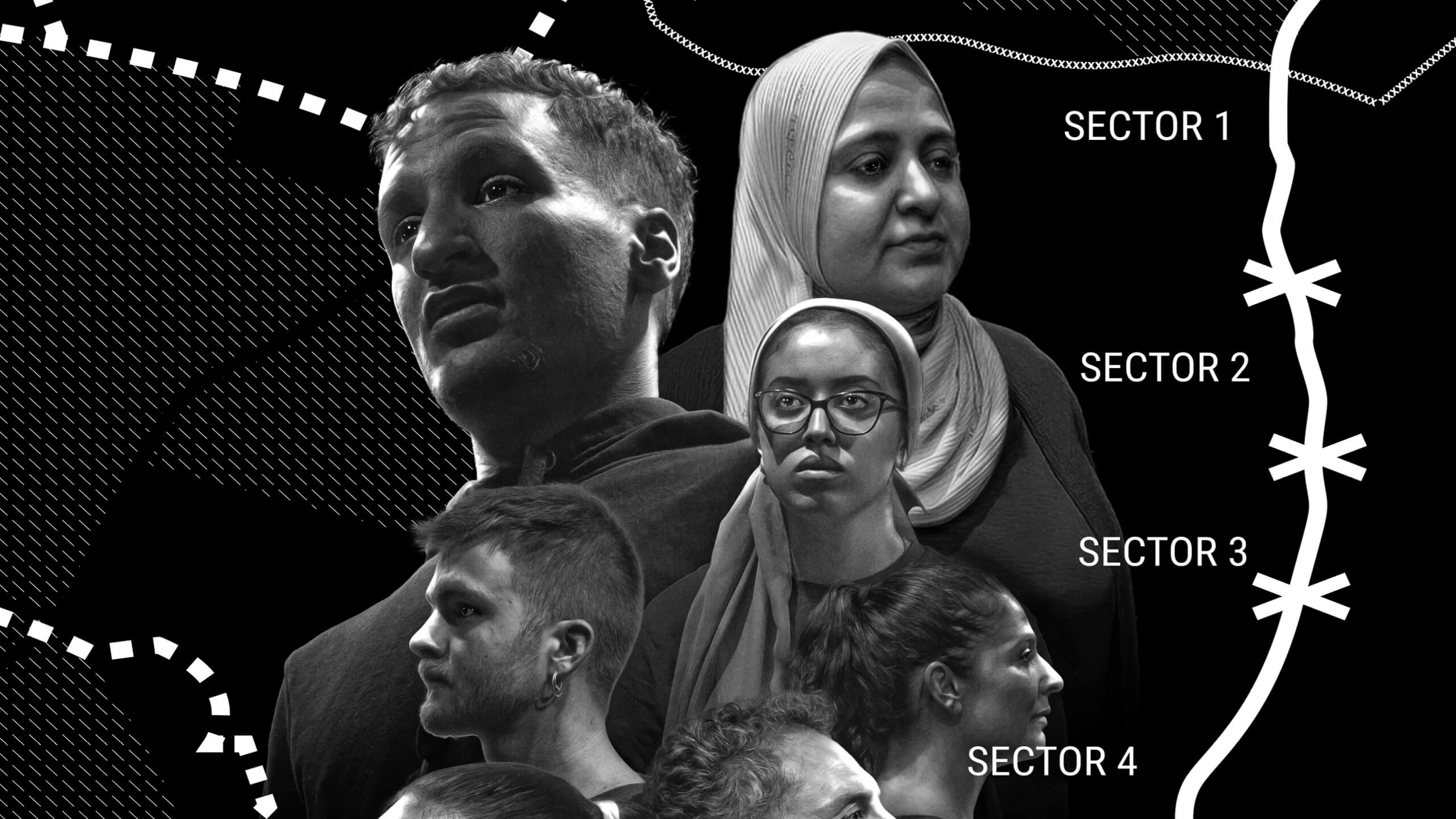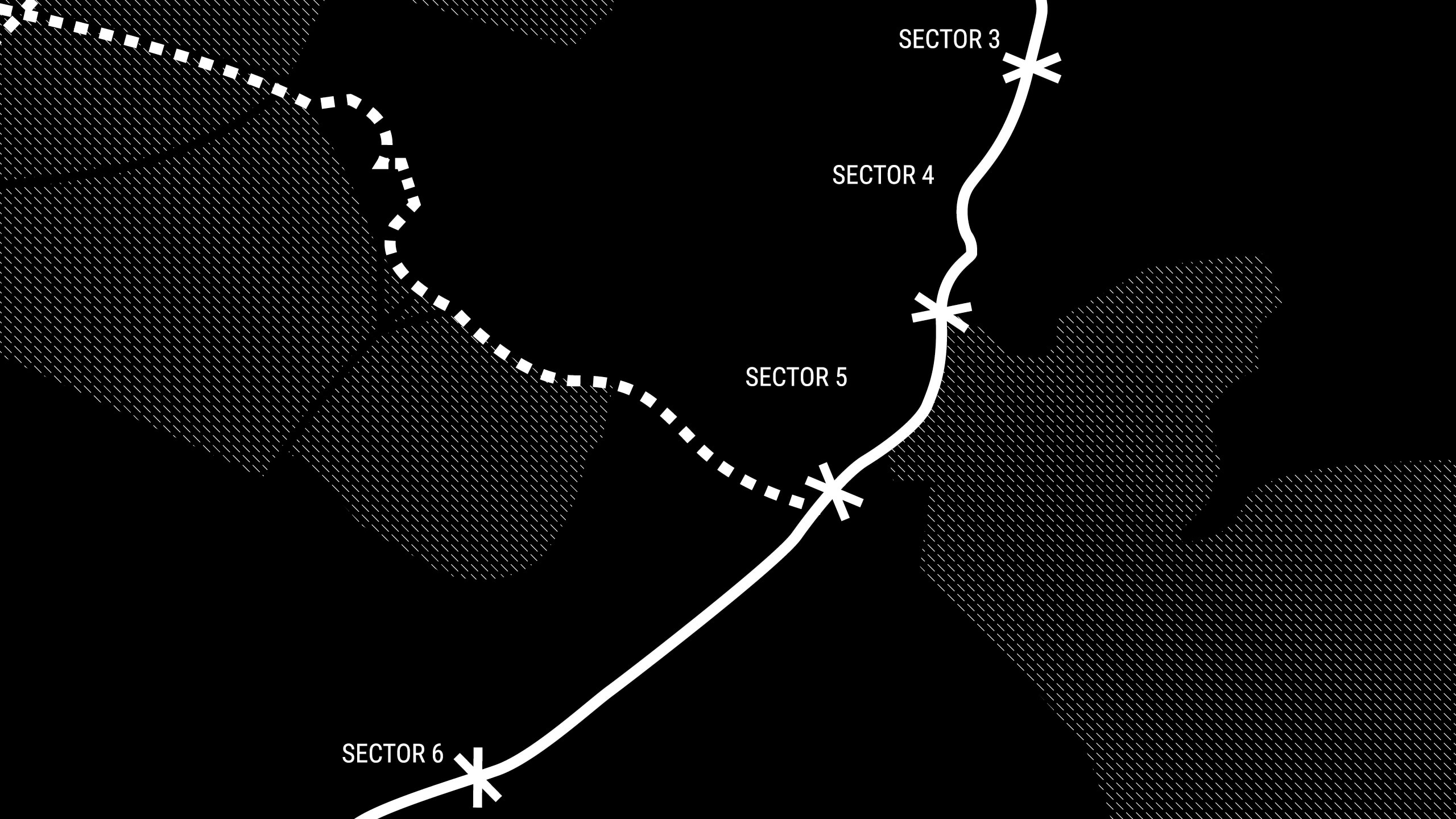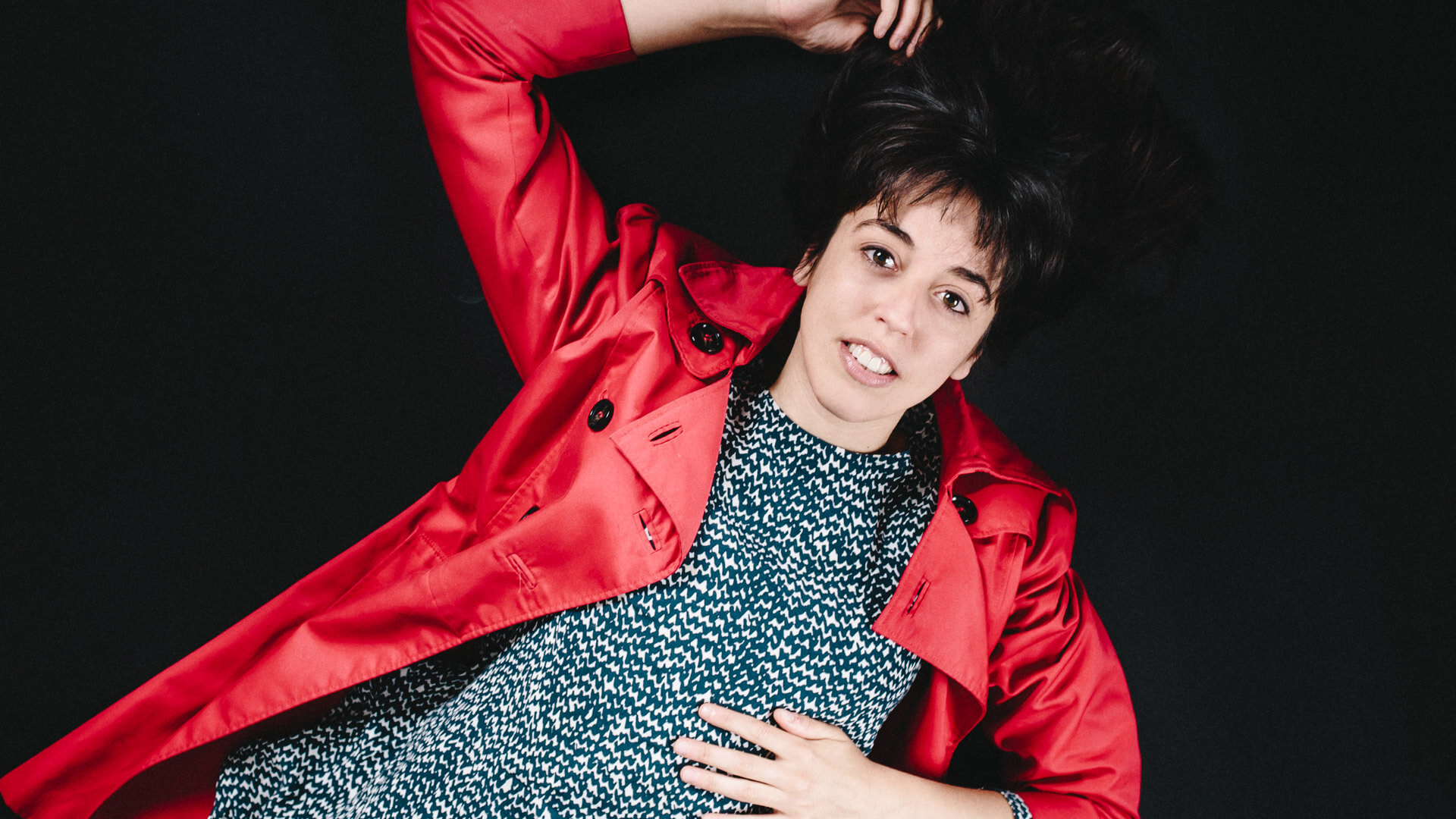Clàudia Cedó
(Tortosa, 1983). Playwright, scriptwriter, theatre director. She has a degree in Psychology from the Autonomous University of Barcelona and a degree in Dramatic Art. Creator of Escenaris Especials, a project that performs theatre with actors and actresses with disabilities.
She has written and directed plays such as Et Planto, De petits Tots Matàvem Formigues, Vida a Mida, El hombre sin voz, Tortugas: La desaceleración de las partículas (Butaca Award for Best Text 2015), DNI (Winning text of the Torneig de Dramatúrgia Catalana), Como una perra en un descampado (Butaca Award for Best Text, La Crítica Award for Best Text and Best Show 2019, Premis Teatre Barcelona Best Playwriting and Best Show), Ciegos (Winning text of the Torneo de Dramaturgia de Madrid), the adaptation of the novel Canto yo, y la montaña baila (Perla29. Teatre Barcelona Award for Best Adaptation. 5 Nominations for the Max Awards 2022, including Best Show), Las croquetas olvidadas (Nominations for Best Family Show at Premis La Crítica 2021), Calígula Murió, yo no from Calígula by Albert Camus (Centro Dramático Nacional), Mare de Sucre (Teatre Nacional de Catalunya; winner of 5 Teatre Barcelona Awards, Best Show, Best Author, Best Direction, among others; nominations for Butaca Awards, La Crítica Awards for Best Text and Best Direction), Síndrome de Gel (Teatre Lliure, directed by Xicu Masó).
View more
Her works have premiered at the Teatre Lliure in Barcelona, the National Theatre of Catalonia, the National Drama Centre in Madrid, Sala Beckett, the São João National Theatre in Portugal, Temporada Alta in Girona, Teatr dramatyczny Warszawa (Warsaw), and the Mousson d’Été Festival (France), Teatre Letí (Prague), TAK Theater (Liechtenstein), Teatro el extranjero (Buenos Aires) and so on. Although he usually directs his texts, he has also worked with directors such as Isra Solà (La Calòrica), Xicu Masó, Sergi Belbel, Nuno Cardoso, Guillem Albà, Helena Tornero and Joan Arqué. Her works have been published and translated into ten languages.
She teaches drama classes adapted to diversity at the Institut del Teatre, the UdG, ERAM, among others. She was laywright-in-residence at Sala Beckett from 2017-18, she was part of the Teatre Lliure programming committee from 2019-2020, and she collaborated with the German company Dokumentar Theater of Berlin.
She is currently working as a screenwriter on the series Jasmine & Jambo, developing the script for a new series, writing the script for a film for Lastor Media based on Mare de Sucre, and writing an animated film based on Les croquetes oblidades.
As a playwright, she is writing the adaptation of Saramago’s Blindness (Ensayo sobre la Ceguera) for the TNC (September 2022).
© Irene Serrat


